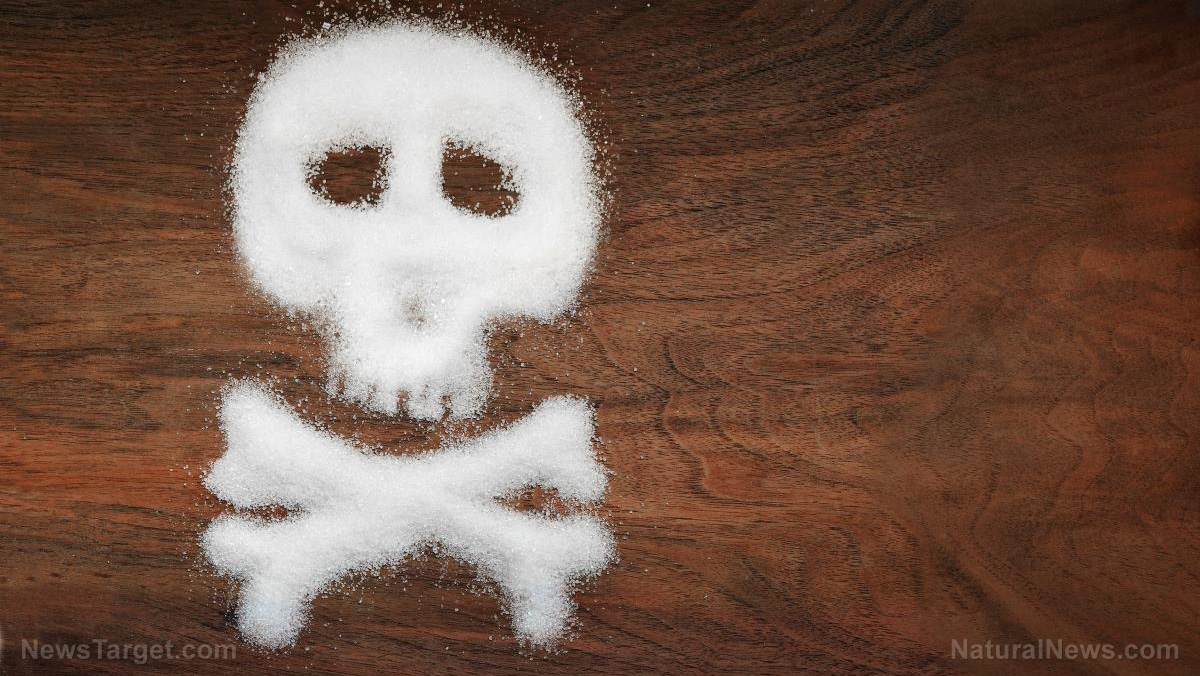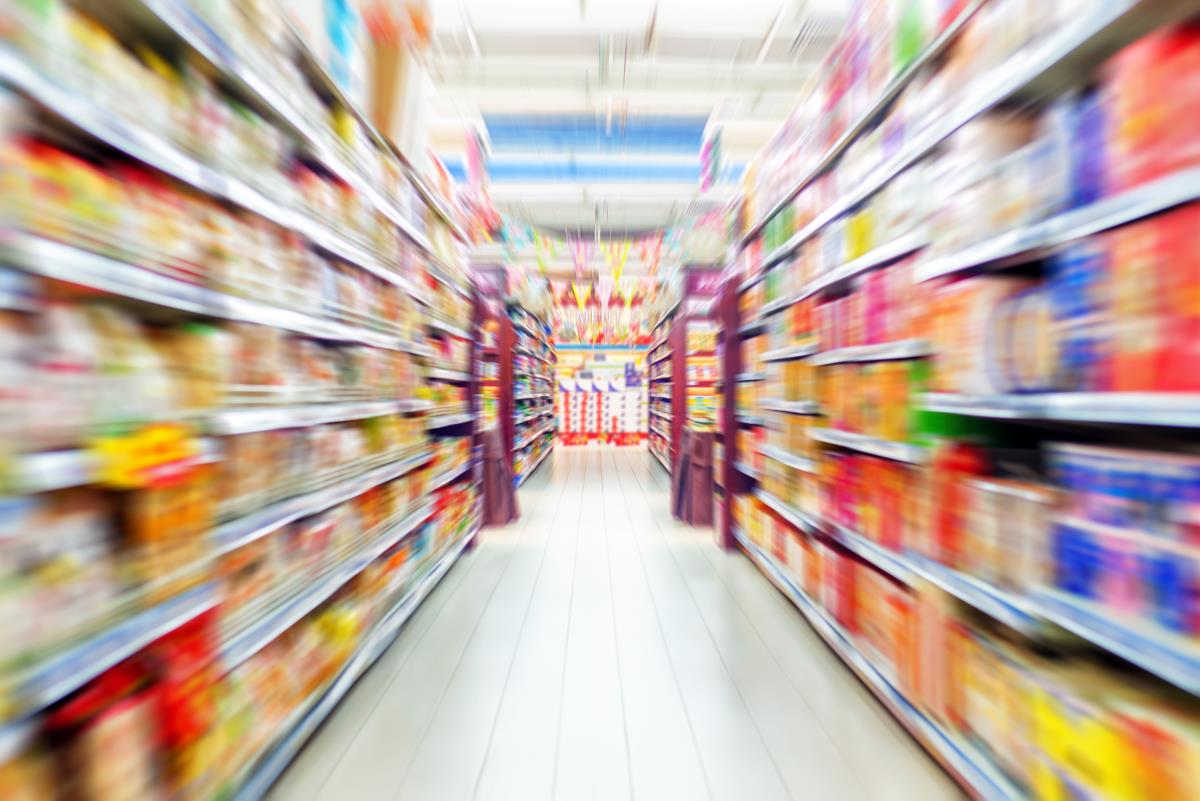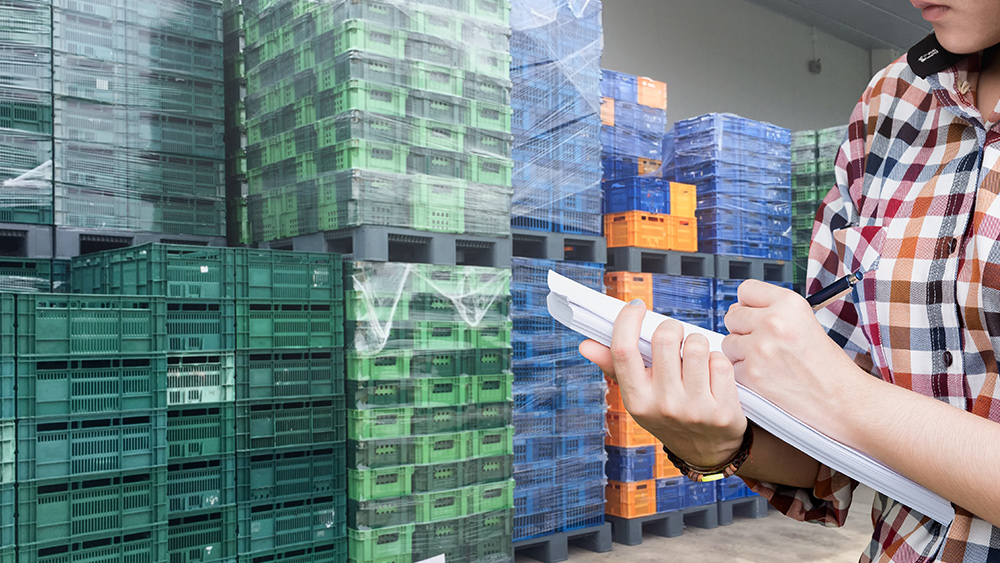Grocery stores are LEAVING crime-ridden U.S. cities in droves, creating “food deserts”
01/23/2024 / By Ethan Huff

Times are getting so tough for many Americans that crime rates are through the roof, not to mention the politically motivated riots stemming from false flag incidents like George Floyd that continue to fuel rampant lawlessness. Consequently, America’s inner cities are becoming “food deserts” as retailers hightail it out of them to protect their bottom line.
Take Boston, for instance. In the past several months, pharmacy chain Walgreens shut down four stores, prompting area residents and local officials to express “outrage” because they say companies like Walgreens have a civic duty to stay and service communities in need.
All across Massachusetts, in fact, retailers are closing up shop as they collectively lose $2 billion per year to theft.
The situation is much the same in San Francisco where some neighborhoods now lack a single grocery store. Area residents, if they want to eat, are having to travel great distances to other neighborhoods in order to buy food for their families.
In some cases, stores are trying to hide the reason why they are leaving. One excuse is that they are fleeing in order to “improve” the area by opening up land for new developments, but this is clearly not the case when simply looking at current trends.
(Related: Speaking of food deserts, Ukraine’s farming sector, widely considered to be the “breadbasket of Europe,” will not recover from the war for at least 20 years, according to a recent study.)
FBI data tweaking hides true crime rates in U.S. cities
Looking at the official crime data, it might not seem as though crime rates are anything other than ordinary. This is due to data tweaking that was implemented during the Wuhan coronavirus (COVID-19) “pandemic” that effectively hides true crime rates until 2024 or even 2025.
Each U.S. city can still voluntarily report its true crime rates if it so chooses, but at least 30 percent of U.S. cities are opting for the Federal Bureau of Investigation’s (FBI) data tweaking loophole, including San Francisco, which is choosing to hide its complete crime statistics until 2025.
When the true numbers remain hidden, it becomes easy for a city to claim that everything is a-okay. It is also easy to hide true crime rates when a city stops enforcing its laws, leading to fewer arrests and the appearance of improved safety.
In San Francisco, for instance, the police department’s closure rate on cases remains dismally low due to the city district attorney’s choice to prosecute fewer cases. For every 100 suspects arrested in San Francisco, as few as three are charged – and as few as one ends up getting convicted.
Before being recalled on July 8, 2022, San Francisco’s DA was Chesa Boudin, a George Soros-backed radical.
Soros-backed radicals also work as district attorneys in other U.S. cities, including in Albuquerque, Austin, Baltimore, Chicago, Dallas, Los Angeles, Orlando, New York, Philadelphia, St. Louis, San Antonio and three urban counties in northern Virginia around Washington, D.C.
Massachusetts also has a Soros-backed federal prosecutor named Rachael Rollins who was ultimately forced to resign after the Department of Justice’s (DoJ) Office of the Inspector General (OIG) and the Office of Special Counsel released a series of damning reports outlining her serious ethical lapses and partisan political activity.
In his book Discrimination and Disparities (2018), economist and philosopher Thomas Sowell tells the story of his brother confronting individuals who were looting and committing acts of arson.
Sowell’s brother asked them simply, and in illustration of a major point of this article: “Where are you going to shop after you burn the store down?”
The latest news about the current trajectory of the United States can be found at Collapse.news.
Sources for this article include:
Submit a correction >>
Tagged Under:
anarchy, big government, bubble, cities, Collapse, dangerous, debt collapse, economic collapse, economic riot, finance riot, food, food collapse, food deserts, food scarcity, food supply, George Floyd, grocery stores, left cult, looting, money supply, national security, riots, risk, suppressed
This article may contain statements that reflect the opinion of the author
RECENT NEWS & ARTICLES
COPYRIGHT © 2017 GROCERY NEWS




















